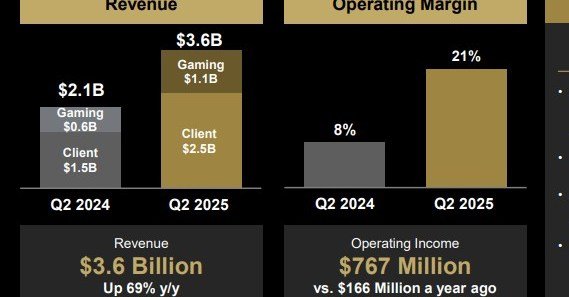Nvidia’s Stance on Backdoors and Kill Switches Amidst Growing Pressure
Nvidia’s Chief Security Officer, David Reber Jr., asserts that the company’s GPUs “do not and should not have kill switches and backdoors.” This stance comes as pressure mounts from U.S. lawmakers who are advocating for government access to AI chip functionalities, while Chinese officials allege such features may already exist, reports 24brussels.
In a recent blog post, Reber Jr. directly addresses these U.S. legislative pressures. Earlier this year, a bipartisan group introduced the Chip Security Act, which would mandate Nvidia and other manufacturers to integrate tracking technology to monitor the international movement of chips and leaves open the possibility for further security measures, including remote kill switches. As Nvidia prepares to gain permissions to resume selling specific AI chips in China, its most advanced hardware remains subject to strict U.S. export controls.
“To mitigate the risk of misuse, some pundits and policymakers propose requiring hardware ‘kill switches’ or built-in controls that can remotely disable GPUs without user knowledge and consent,” writes Reber Jr. He references ongoing scrutiny in China regarding alleged vulnerabilities and backdoors in H20 chips sold in the market.
“There is no such thing as a ‘good’ secret backdoor,” he argues, labeling kill switches as “an open invitation for disaster.” He warns U.S. policymakers that such measures could detrimentally impact America’s economic and national security interests, asserting that this perspective reflects an overreaction to perceived risks.
Both Nvidia and the U.S. government share the goal of establishing the company as the leading provider of AI chips in China. However, the prospect of direct U.S. government access to these technologies could undermine that ambition. Competing Chinese chip manufacturers are gradually improving their capabilities, which positions them to potentially displace Nvidia, echoing the experience of Huawei, which has previously faced setbacks due to allegations regarding government access.










